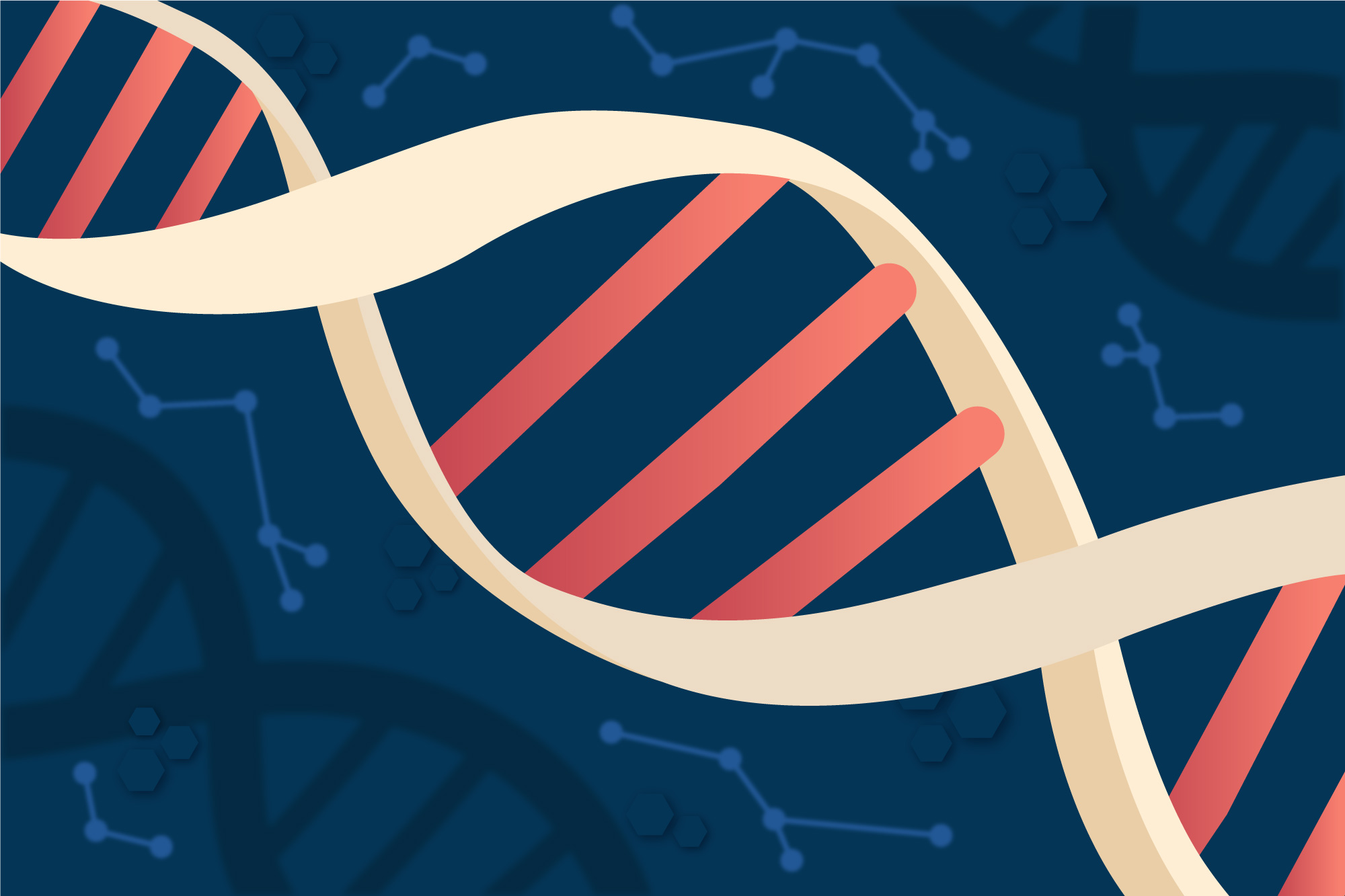

To avoid disease, the orchestration of proteins within a cell’s complicated molecular environment requires careful management. While some proteins must be generated at specific times, others must be broken down and recycled on time. Protein degradation is a key process that has an impact on cellular processes such as cell cycle, cell death, and immune response. The proteasome, a recycling hub in the cell, is at the heart of this process. Proteins that have a molecular tag produced by a chain of ubiquitin molecules are degraded by the proteasome. This tag is attached by ubiquitin ligases, which are enzymes.
Because of its quick and intricate nature, this process, known as polyubiquitination, has long been difficult to investigate. Scientists from the Research Institute of Molecular Pathology (IMP) in Vienna, the University of North Carolina School of Medicine, and collaborators used a combination of techniques to tackle this challenge, combining cryo-electron microscopy (cryo-EM) with cutting-edge deep learning algorithms. “Our goal was to capture polyubiquitination step by step through time-resolved cryo-EM studies,” said David Haselbach, PhD, group leader at the IMP. This approach enabled us to view and analyse the complicated molecular interactions that occur during this process, as if we were watching a stop-motion movie.”
A biological time sequence
The research, which was published in the journal Nature Structural and Molecular Biology, looks at the motions of the Anaphase-Promoting Complex/Cyclosome (APC/C), a ubiquitin ligase that drives the cell cycle. The mechanisms underlying APC/C’s attachment of a ubiquitin signal remained a mystery. Senior authors are Haselbach and Nicholas Brown, PhD, associate professor of pharmacology at the University of North Carolina School of Medicine.
“We had a solid grasp of APC/C’s fundamental structure, a prerequisite for time-resolved cryo-EM,” said first author Tatyana Bodrug, PhD, a postdoctoral pharmacology researcher at UNC-Chapel Hill. “Now we have a much better understanding of its function, every step of the way.”
Ubiquitin ligases are enzymes that recruit diverse substrates, interact with other enzymes, and generate various types of ubiquitin signals. The researchers observed connections between ubiquitin-linked proteins, APC/C, and its co-enzymes. They used neural networks, a type of deep learning, to reconstruct the motions of APC/C during polyubiquitination. This was a first in the field of protein degradation study.
The APC/C belongs to a vast family of ubiquitin ligases (over 600 members) that has yet to be defined in this way. Global initiatives will continue to push the field’s boundaries.
“A key to the success of our work was collaboration with several other teams,” said Brown, also a member of the UNC Lineberger Comprehensive Cancer Center. “At Princeton University, Ellen Zhong’s software and programming contributions were key to uncovering new insights about the APC/C mechanism. Subsequent validation of these findings required the help of several other groups led by Drs. Harrison, Steimel, Hahn, Emanuele, and Zhang. A team effort was crucial to push our research over the finish line.”
The significance of this research goes beyond its immediate impact, paving the way for future investigations into the regulation of ligases, ultimately promising deeper insights into the mechanisms underlying protein metabolism, which is important for human health and diseases such as many types of cancer.
more recommended stories
 Red Blood Cells Improve Glucose Tolerance Under Hypoxia
Red Blood Cells Improve Glucose Tolerance Under HypoxiaKey Takeaways for Clinicians Chronic hypoxia.
 Nanoplastics in Brain Tissue and Neurological Risk
Nanoplastics in Brain Tissue and Neurological RiskKey Takeaways for HCPs Nanoplastics are.
 AI Predicts Chronic GVHD Risk After Stem Cell Transplant
AI Predicts Chronic GVHD Risk After Stem Cell TransplantKey Takeaways A new AI-driven tool,.
 Red Meat Consumption Linked to Higher Diabetes Odds
Red Meat Consumption Linked to Higher Diabetes OddsKey Takeaways Higher intake of total,.
 Pediatric Crohn’s Disease Microbial Signature Identified
Pediatric Crohn’s Disease Microbial Signature IdentifiedKey Points at a Glance NYU.
 Nanovaccine Design Boosts Immune Attack on HPV Tumors
Nanovaccine Design Boosts Immune Attack on HPV TumorsKey Highlights Reconfiguring peptide orientation significantly.
 High-Fat Diets Cause Damage to Metabolic Health
High-Fat Diets Cause Damage to Metabolic HealthKey Points Takeaways High-fat and ketogenic.
 Acute Ischemic Stroke: New Evidence for Neuroprotection
Acute Ischemic Stroke: New Evidence for NeuroprotectionKey Highlights A Phase III clinical.
 Statins Rarely Cause Side Effects, Large Trials Show
Statins Rarely Cause Side Effects, Large Trials ShowKey Points at a Glance Large.
 Anxiety Reduction and Emotional Support on Social Media
Anxiety Reduction and Emotional Support on Social MediaKey Summary Anxiety commonly begins in.

Leave a Comment